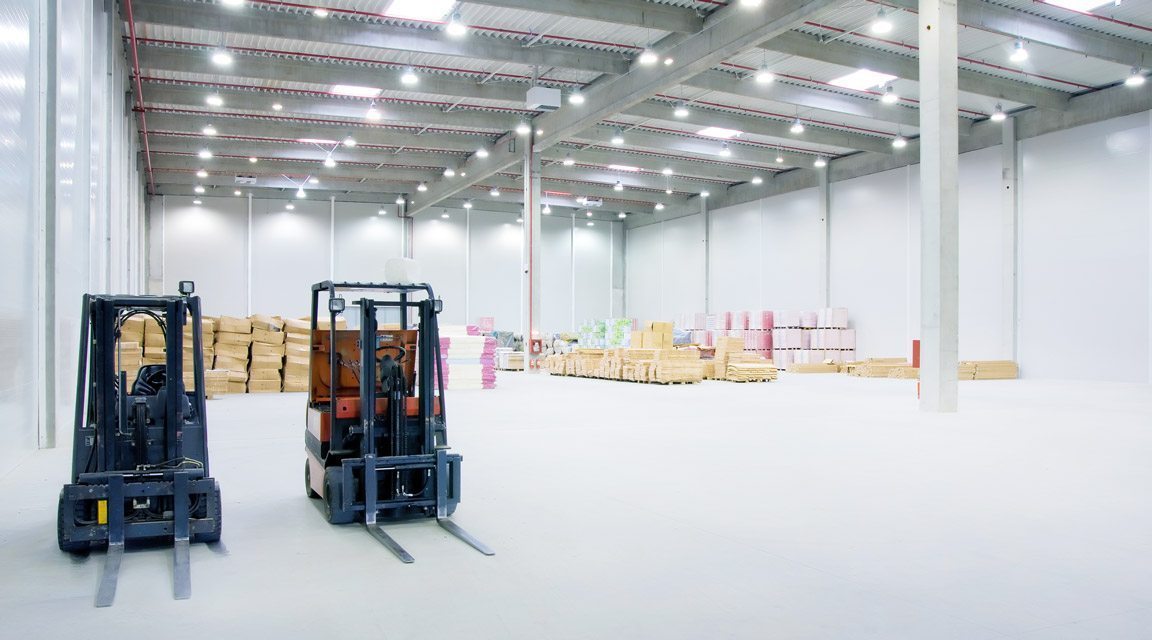

The chief executive of Saudi Arabia’s King Abdullah Port (KAP), Rayan Qutub, sees major opportunities driving growth in the kingdom’s logistics sector over the medium- to long-term.
One of these is the lifting of the ban in 2016 on cement and steel imports. Others include the economic and social reforms that could fuel economic activities in the country’s non-oil sector, and the growing recognition of cost efficiencies that can be realised by shipping containers and cargo directly to Saudi Arabia rather than transporting them by road from a transshipment port like Dubai’s Jebel Ali Port.
“The Red Sea is a major logistics corridor, which has always been underserved,” Qutub tells MEED, citing that that the Jeddah, Mecca and Medina region represents a catchment area of about 8 million people, excluding the 30 million pilgrims that visit each year.
Prioritising logistics
Qutub blames the lower priority that has been historically assigned to building the kingdom’s logistics capacity compared to the development of its industrial sector as the key reason for the kingdom’s logistics sector being underdeveloped. According to the executive, other sectors, particularly petrochemicals, have been previously prioritised, although logistics is catching up due to the growing recognition that the kingdom could play an important role in the growing global logistics market.
The KAP was developed under the assumption that it can reduce East-West transhipment time by five to seven days due to its location on the Asia-Europe trunk line, where more than 6,000 vessels carrying 42 million twenty-foot equivalent units (TEU) of container pass annually.
MEED understands that the annual container throughput and the number of vessels stopping at KAP has been growing by double-digit figures consistently since 2013, when it first opened. However, Qutub recognises that more work needs to be done in order to promote the port as a viable alternative to neighbouring ports.
Qutub and his team actively meet potential partners and participate in industry events to improve their visibility. “Logistics is about providing solutions. In bad times, customers want savings; in growth times, they want an enabler, and we seek to provide both,” Qutub says.
KAP is understood to offer services such as stuffing containers at the port, which is more cost efficient compared to stuffing containers elsewhere before being transported by trucks to Saudi Arabia. They have also introduced full automation at the port such as smart gates and online tracking of cargoes and container, which could provide significant cost savings for container consignees.
Qutub is confident that the port, which is new and more efficiently structured, is in a better position than other ports in the region to evolve its services along with the needs of its customers. “We are in an age where we order our transportation online through apps like Uber, we demand transparency and expect cost-effective services and we use feedback tools such as star-ratings … customers who invest millions of dollars in transporting their goods expect nothing less,” Qutub says, adding that there is still a gap that needs to be filled between what logistics customers want and what is available.
Improved freight connectivity
KAP’s future growth is being linked with the availability of intermodal freight infrastructure around it. In addition to direct access to Saudi Arabia’s national highway network, the port’s economic value is expected to be further driven by its proximity to Jeddah’s King Abdulaziz International airport – the country’s busiest and largest – which lies approximately 90 kilometres away.
When built, the planned Saudi Landbridge will also provide rail connectivity between Riyadh and the port for both freight and passengers, which Qutub says is always a cheaper option compared to moving container or cargo using trucks.
The executive is clear about the benefits of constructing the Saudi Landbridge, in spite of the major delays. “The amount of investment on existing infrastructure [in the industrial valley including the KAEC] is too big compared to the cost of [building] the rail,” he explains.
New opportunities
Qutub also expressed optimism on the ongoing structural and social reforms in the kingdom. “I feel positive overall, there are new opportunities that were not there before. We are seeing an enabling environment for new businesses, young people and women,” he says, adding that “some will see these changes as an opportunity and jump in and grow while others will whine and get lost [in the process].”
You might also like...

Rainmaking in the world economy
19 April 2024

Oman receives Madha industrial city tender prices
19 April 2024

Neom seeks to raise funds in $1.3bn sukuk sale
19 April 2024

Saudi firm advances Neutral Zone real estate plans
19 April 2024
A MEED Subscription...
Subscribe or upgrade your current MEED.com package to support your strategic planning with the MENA region’s best source of business information. Proceed to our online shop below to find out more about the features in each package.





